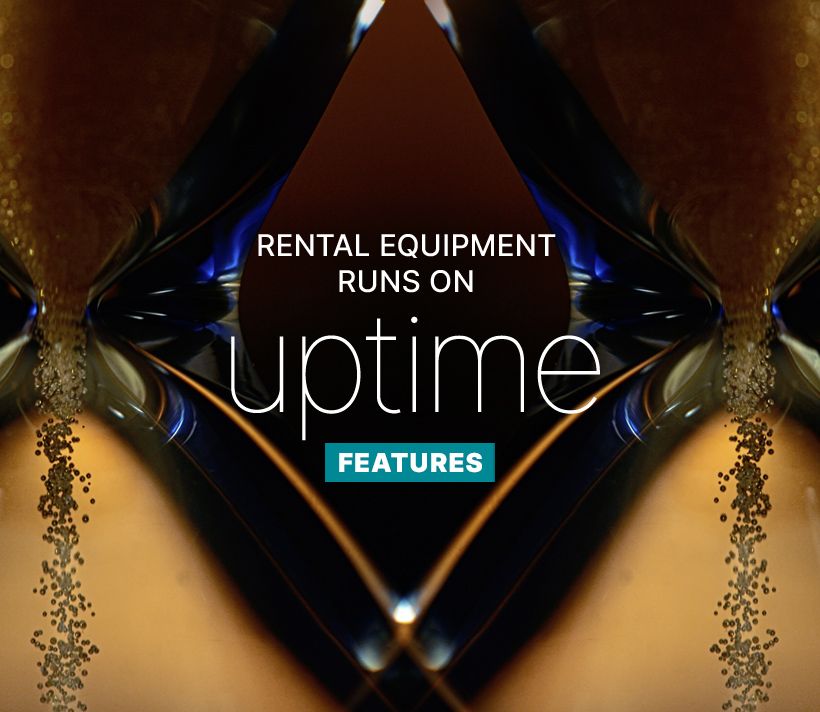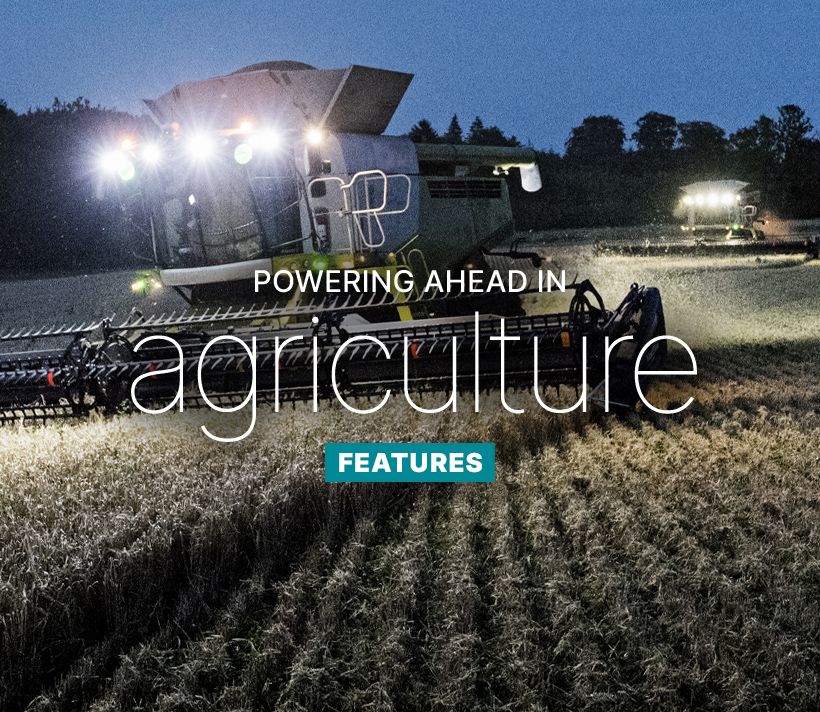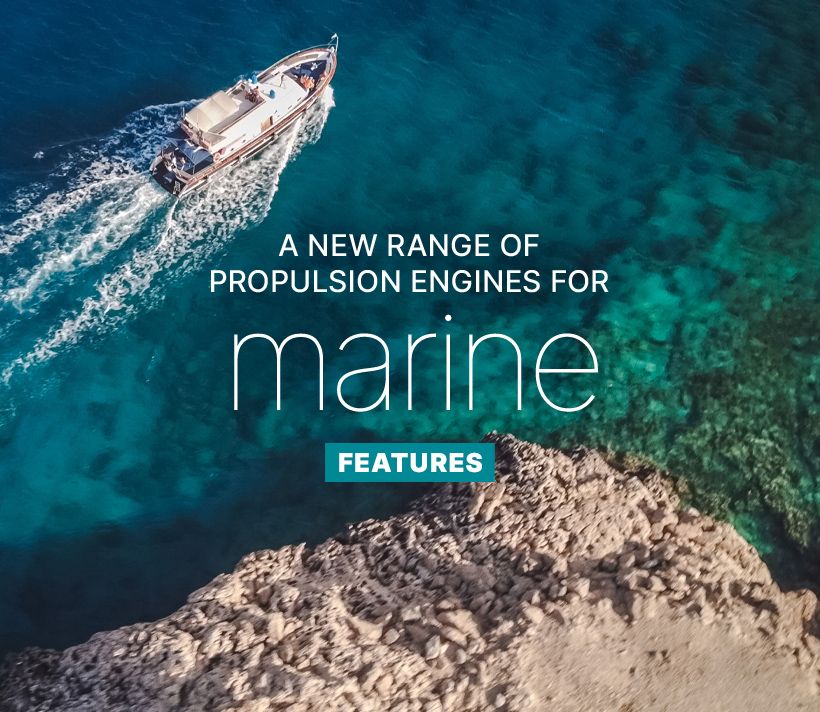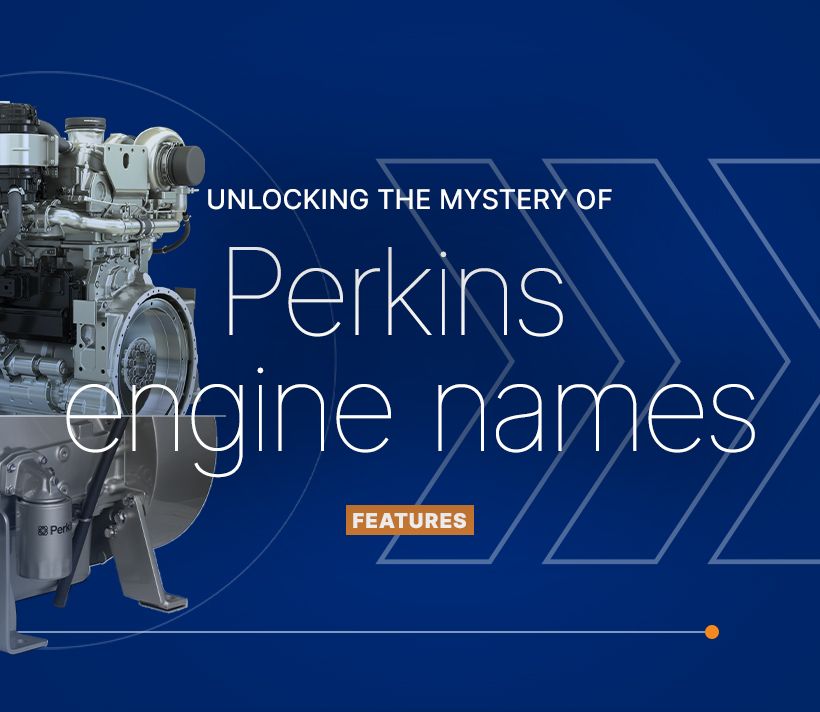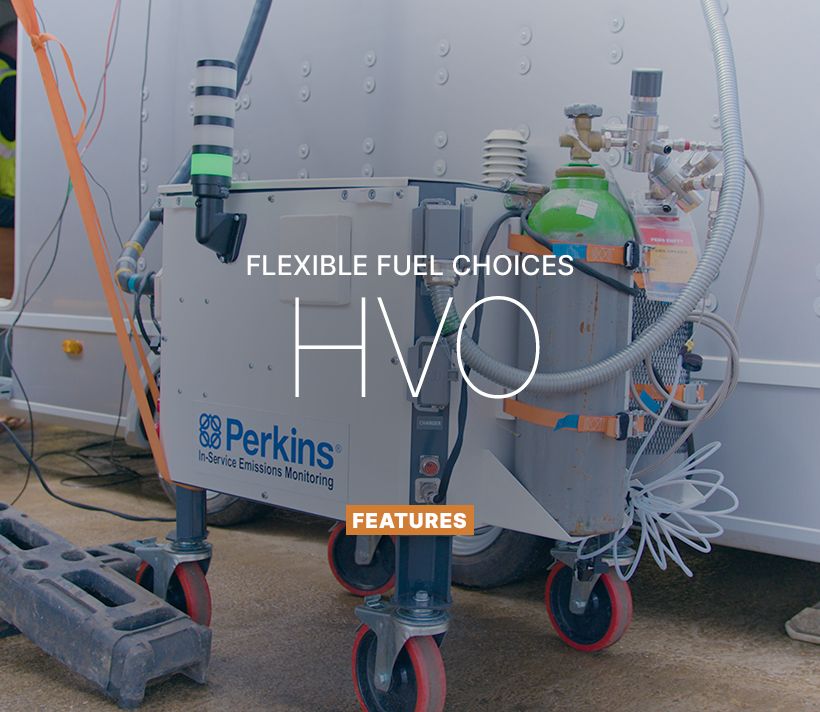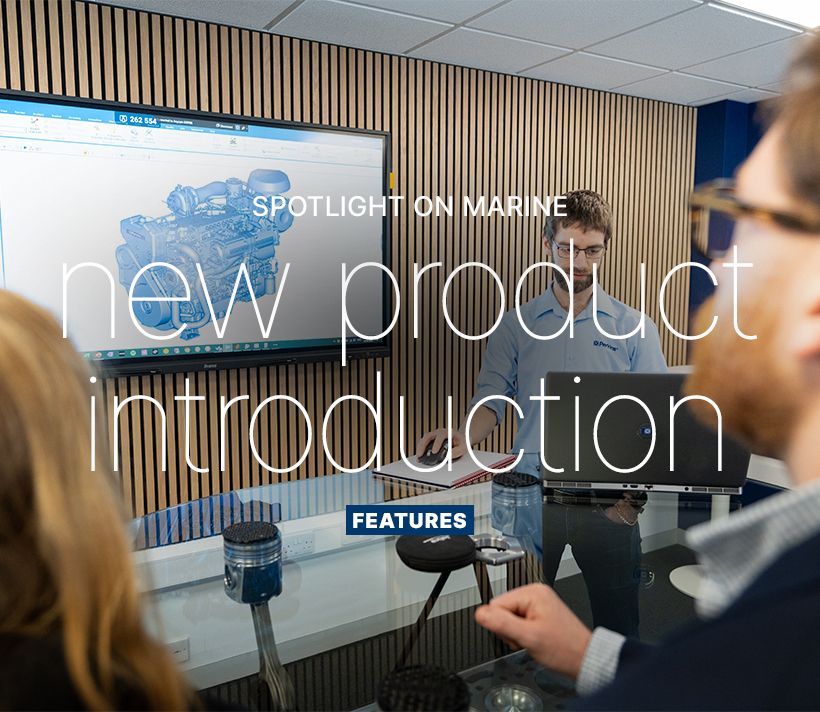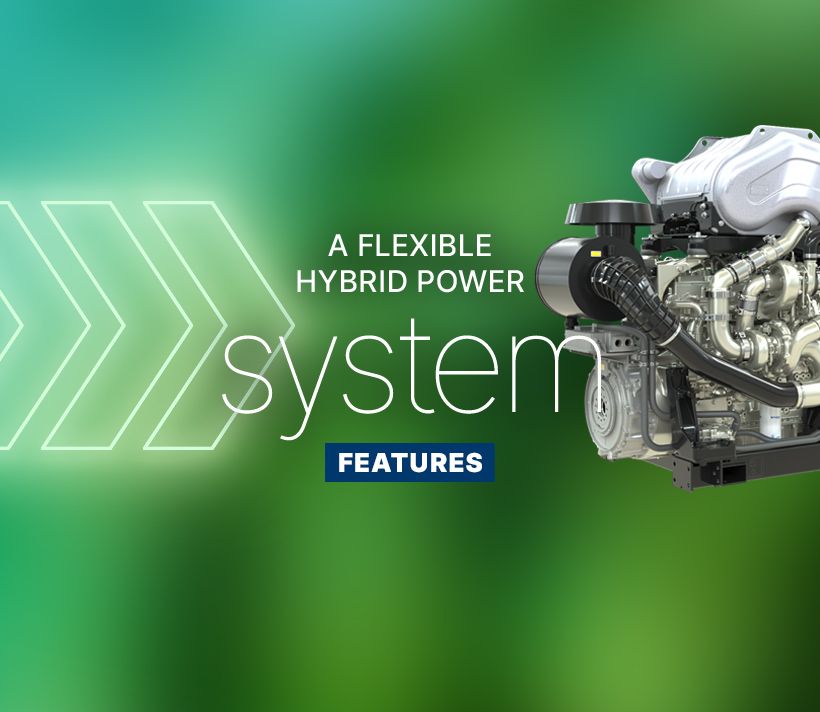Back in the 1970s, when Perkins was part of the Massey Ferguson group and engines such as the 4.236 were found across the MF tractor range, PTTN was its Indonesian distributor. Against the popularity of the Perkins brand – based on reliability, familiarity, service provision and power – came the thought that if a Perkins engine can power a tractor, then it can also power a generator set.
The rest, as they say, is history. By the early 1980s, PTTN was not only the authorised distributor for Perkins in Indonesia, but also meeting the electrical generation demands of a wide cross-section of Indonesian industry – including the country’s electrical grid itself.
“With 17,508 islands comprising the country of Indonesia, infrastructure is difficult,” points out PTTN’s Handi Wibowo. “Very often the grid supply isn’t enough, especially in some of the more remote plantations.
“But even the grid itself is using generators – the government has invested in purchasing generators to help iron out some of the local fluctuations in the grid, alongside the conventional power plants that provide the grid with its ‘backbone’ supply,” he explains.
Powering Indonesia’s grid, alongside the more conventional generator set requirements from mining, agriculture, industrial, commercial, telecoms and retail, has helped PTTN to sales of more than 60,000 generators across Indonesia’s scattered geography.
“Foresight is a good thing,” notes Addy Karyadi Kusumah. “That early decision to build generator sets? It was into a remarkably small industry; few people needed generator sets at that time. But there was an expectation the industry would grow. As one of Indonesia’s generator set pioneers, PTTN was well placed to take advantage of the growing industry.”
In the early days, the company was also helped by pro-active support from the Indonesian government’s industrialisation strategy. That, and the value of the Perkins name: as distributors around the world have always discovered, the Perkins brand is imbued with enough heritage and respect to make it aspirational. In Indonesia that’s particularly true, given how OEMs such as JCB and Massey Ferguson once relied on Perkins. It’s instilled a huge amount of trust in the brand, even though today in Indonesia, the brand is far better known in generator set installations.
And while Indonesia was severely affected by the Asian financial crisis of the early 21st century, the International Monetary Fund’s imposition of free market access as part of its remedy turned out to be another opportunity for PTTN. The additional regulations required, including a tariff on imported goods, further ‘changed the rules of the game’, says Harijadi Mawardi.
“Today, we’re the only domestic producer using Perkins engines,” he acknowledges. “Other than an import, perhaps from China for example, customers looking for a Perkins-powered generator set in Indonesia come to us.”
Indeed, Perkins-powered generator sets are one of the top five choices – and where PTTN scores highly is with its approach to customer service. More than 600 people work for PTTN across its network of 15 branch offices; more than 100 members of that workforce are Perkins-certified mechanics, kept up-to-date through the company’s own training centre. Meanwhile, the branch offices are supplemented by a further three satellite points and six support points, all drawing on three warehouses and stock yards. What’s more, the company’s personnel strategy sees all employees rotated throughout the branches, to ensure everyone learns about different locations, different customers, and different products.
“With this set-up, we can provide a complete units, parts and service offering,” notes Harijadi, “as well as encouraging employee diversity and equity.
“And thanks to that long-service relationship we enjoy with Perkins, we get very good support in return. Coupled with the Perkins engines reputation for high uptime and reliability, we believe we have a compelling offer across Indonesia.”
Indeed, the figures bear out Harijadi’s claim: more than a fifth of PTTN’s annual sales are attributable to Perkins business – and since 1976, the company has sold a staggering IDR 1.7tn of parts. In the past decade, the company has consistently appeared in the top five ‘league table’ of Perkins parts orders.
That puts the company on a good footing for the challenges that lie ahead, as Harijadi explains. “Generator sets are becoming a ‘what if’ purchase. With the reliability of the grid increasing, purchase decisions across the market are being made more on price than quality – especially where the generator is focused on standby operation.
“But that has enabled our focus to shift to those who value support – those for whom the generator set is a mission-critical installation,” he says.
“We’re talking plantations, mining operations, banking, and so on.”
Another challenge will be environmental controls. While the Indonesian government doesn’t currently regulate emissions, there’s every expectation according to PTTN, that it will be a matter of when, not if. Changes have already occurred with biofuels, use of which the government is now mandating.
“It’s another great example of why our relationship with Perkins is so valuable,” says Handi. “Many Perkins engines are already certified to run on biofuels, so we’ve gained a lot of practical understanding from Perkins research, which is helping us to accommodate this development.
“We’ve had significant input and assistance from the Application and Installation team at Perkins,” he says. “It’s very demonstrative of their commitment to us, by helping us demonstrate to customers that our generator sets will work as we intend, and as they expect.”
In a fine example of putting its money where its mouth is, PTTN has already installed its own biodiesel generator set at its head office, as well as a set of solar panels. “It’s demonstrating our own commitment to sustainability, as well as being a practical development to help customers understand the technology.”
Beyond biofuels, there’s a further challenge. “Customers are becoming more conscious of green issues,” says Harijadi, “which means demand is inevitably shifting from engines to batteries.
“We’re already seeing this with cars, of course, but industry is moving that way too. But batteries are not yet a fully proven technology, plus there’s also a balance to be achieved between charging and utilisation. That’s still an issue. But battery technology is definitely ‘one to watch’ in Indonesia.”
With Perkins already developing its own battery solutions, PTTN will be well-placed to respond to the challenges of the energy transition and continue its success story in Indonesia.
Perkins’ collaboration with Trackunit, delivering real-time insights to customers, increasing productivity in the field.
Read moreFor industrial equipment rental, excellent technical support and parts availability is a necessity.
Read moreTo mark Agritechnica's 'Celebrate Farming Day', Powernews spoke to Andy Curtis, Customer Solutions Director at Perkins.
Read moreClever configuration options fulfil the current and future requirements of the industry.
Read moreWho keeps the lights on when the grid can’t? The power generation sector, of course. In the UK, its interests are represented by The Association of Manufacturers and suppliers of Power generating Systems (AMPS) – whose new director general, Alan Beech, came into post earlier this year.
Learn MoreHave you ever looked at the name of a Perkins engine and wondered what all those numbers and letters actually mean? If so, you’re certainly not alone. But rest assured the nomenclature is anything but random.
Read moreOne alternative fuel option we’ve researched heavily and have accommodated in our diesel engines for more than a decade is hydrotreated vegetable oil (HVO) – which must meet the EN 5940 standard – with the Perkins® 400 to 5000 Series able to use up to 100% HVO.
Read moreIn part two of our spotlight on marine we talk with Ben Lewis commercial manager, Dave Wood, application and tech support team lead and Stuart Phillipson, marine application and tech support to find out more about what’s in development for the marine range.
Read moreWhy stick to one fuel, when you can have a configurable power system?
Read moreMore than just a curiosity, they offer us different routes to future food security.
Read more
